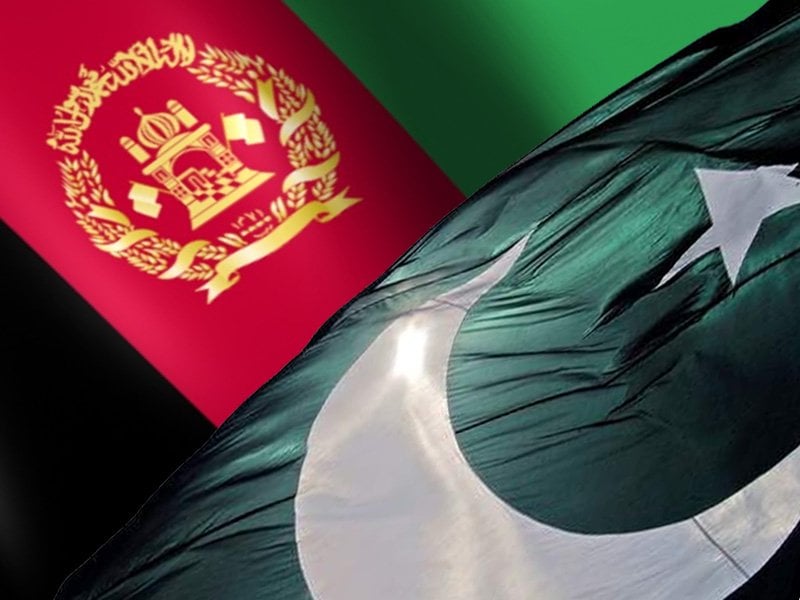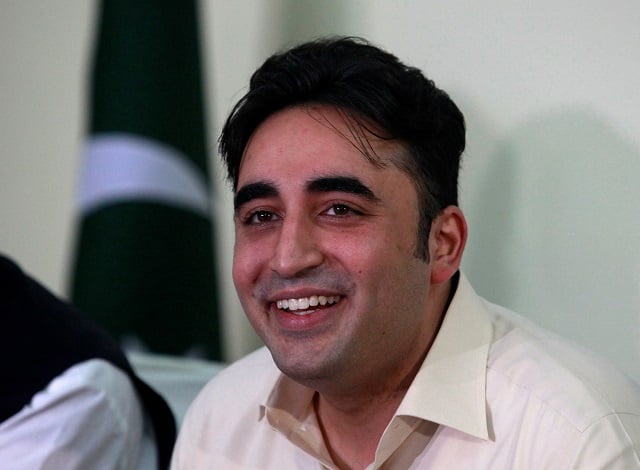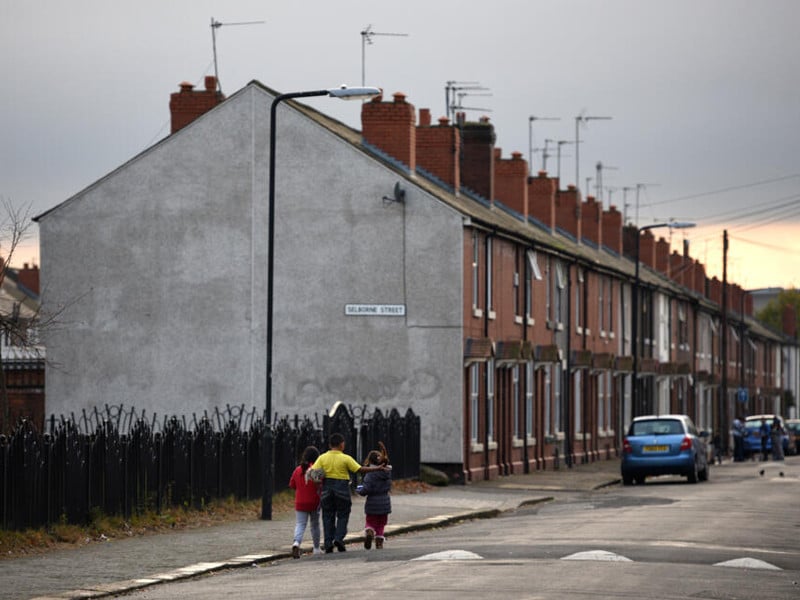In the past few months, the Kabul government has admitted that the Tehrik-i-Taliban Pakistan (TTP) represents a major threat to regional stability. The TTP, a militant group that has long been a significant source of violence in Pakistan, has become an increasing concern for Afghanistan as well. This recognition of just how powerful the group is becoming comes in the midst of rapidly shifting political and security conditions in how the Afghan authorities have been all the more affected by events taking place across Afghanistan and beyond.
Kabul concedes TTP is a problem
The TTP’s operations have not been confined to Pakistan; the group has taken refuge across the border in Afghanistan, especially in regions where security along the border is porous. Afghanistan’s aversion to confronting the presence of such groups operating within its borders had long been a source of friction between Kabul and Pakistan. But Afghan officials’ recognition suggests a possible change in course with respect to the deepening security threats posed by the T.T.P.
Various insurgent factions have long operated inside Afghanistan’s new government has been under pressure to manage, but the TTP poses a singular challenge. The TTP is a different story, and its violent, immediate impact on Pakistan ranks it very near the top of the list for both Islamabad and Kabul. Afghanistan’s current leadership, of course, faces its own set of challenges, from governance and economic instability to, in many respects, the very dynamics the TTP represents, but dealing with the TTP’s presence likely requires working through cooperation with Pakistan, alongside broader regional efforts.
The TTP’s rise in Afghanistan has been associated with the withdrawal of American and NATO forces, which left a power vacuum in parts of the country. The United States had engaged these groups aggressively under the Bush administration, but after removing central control in some areas, they were able to regroup and generally strengthen their operations under the Obama administration. Kabul has long been under international pressure to do more to clamp down on these groups, and it was unclear whether the recent admission was a first step toward better cooperation in the fight against militant violence.
At the same time, going forward, it is not clear how Afghan government would address the situation. Does it require more explicit action to inhibit the TTP’s operations, or will political and military constraints prevent any meaningful advancements? The developing situation is significant, potentially for Afghan and wider regional security, and how Kabul responds may determine the future trajectory of counterterrorism in the region.









